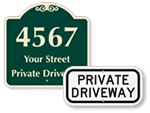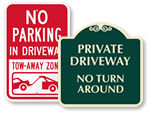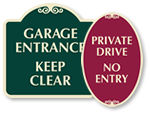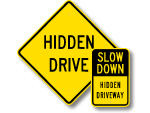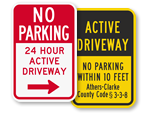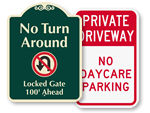MEGA LIMITED TIME OFFER! ENJOY FREE SHIPPING ON ALL ORDERS*

- Home
- Custom
- No Parking
-
Reserved
-
- Reserved Parking Signs
- Award Parking Signs
- Bike Parking Signs
- Church Parking Signs
- Compact Car Parking Signs
- Customer Parking Signs
- Doctors Parking Signs
- Event Parking Signs
- Electric Vehicle Parking
-
- Tow Away
- Handicap
- Parking Lot
- Stop/Traffic
- By Message
- Posts & Bases










